20% off £30
Good skin care routine tips
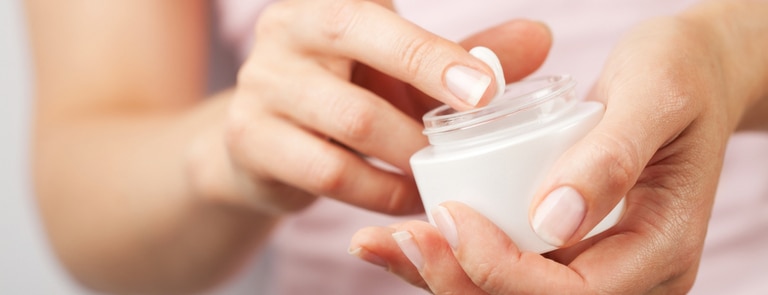
Good skin doesn’t happen by chance, you know. Our skin is a personal reflection of what’s happening in terms of our overall health and lifestyle, as well as the result of what we choose to fuel our bodies with.
On the whole, when we look in the mirror, how we feel at that time will show in our skin, for instance, if you’re feeling tired or stressed or are dehydrated. Not all of us are fortunate to have head-turning good skin every single day.
It’s something we have to work at, but with the right advice, like the skincare tips below, there’s no reason why you can’t have good skin.
Why is your skin so important?
Everybody’s skin is incredibly important because it happens to be the body’s largest organ. Not only does it act as a valuable protective barrier, it helps regulate our body temperature and acts as a filter against impurities.1
Our skin is constantly regenerating and repairing itself. It’s impacted by every single aspect of our life, from what we decide to eat and drink, to how much sleep we get or how much sun exposure we’re subjected to.
Healthy skin is the ideal. This isn’t just because it looks healthy, but because it’s better able to help reduce the signs of ageing, i.e. wrinkles and fine lines.
Having a good skin care routine can lead to maintain healthy skin, but so too can many other things, which we’re going to cover in the rest of this article…
Why should you look after your skin?
Because the skin we’re born with is the skin we live with throughout our entire lives. Over the years, our skin goes through and is exposed to a lot. Taking care of it can help make sure it ages well and continues to look, and stay healthy, for as long as possible.
Having a good skin care routine is essential for helping prevent skin from becoming dull-looking, rather than plump and vibrant. Wrinkles may also develop more easily, and uneven colour and sagging is more likely to occur in skin that’s not been looked after.2
Summary
- Our skin is the body’s largest organ
- It acts as a valuable barrier and filter against everyday life
- Establishing a healthy skin routine is essential for looking after skin and keeping it healthy
What is a good skin care routine?
As we all know, not everybody’s skin is the same and this means not all skin care routines have to be the same either. However, the main thing is that you to have some sort of face skin care regime in place and that you do need to think about the health of your skin every day.
This doesn’t mean you have to embark on fancy face treatments all of the time. While they can work wonders for some people’s skin, they aren’t necessarily something you can put your face through every single day. Having a regular skin care routine in place, one that suits your skin (more on skin types shortly) is one of the fundamentals of having healthy skin.
Generally speaking, this means making sure you are giving you skin some TLC every morning and every evening. On the whole this involves making sure you cleanse and moisturise your skin, at the very least, twice a day.3
Good skin care routines for the morning involve:
- Cleansing your skin.
- Moisturising your skin.
- Applying SPF30 or above.
Good skin care routines for the evening involve:
- Cleansing your skin.
- Applying serums, toners or exfoliants.
- Moisturising your skin.
Summary
- Having a daily routine is important for your skin health
- Our skin needs some TLC every morning and every night
- Always cleanse and moisturise your skin twice a day (at the very least)
Which skin type do I have?
You know how we mentioned how everybody’s skin’s different a bit further up? Well it’s all down to skin types. Just as the texture and colour of our hair and the natural shape of our nails is unique to us, so is our skin.
There are four common skin types. They are4:
-
Normal skin
Normal skin is characterised as being balanced and is known as being a healthy skin type.
Key characteristics: Skin has no blemishes and isn’t greasy or flaky. It has a smooth texture and fine pores. Even normal skin can be prone to sensitivities.
How to take care of normal skin:
- Cleanse twice a day - once in the morning and again at night
- Always follow up with a moisturiser
- Apply a sunscreen of at least SPF30
-
Dry skin
Dry skin can vary between being slightly dry and extremely dry skin. Depending on how dry your skin is, you may also find that it feels more tight.
Key characteristics: Skin feels tight and can be flaky in parts, especially on the cheeks and around the eyes. It may also feel rough and develop rashes, sensitivities and irritations.
How to take care of dry skin:
- Wash your skin with warm/cold water
- Use soap-free cleansers
- Moisturise daily with natural oils, hydrating masks and rich moisturisers to help replenish lost moisture
- Gently exfoliate dead skin cells away once a week
- Avoid using fragranced products that may aggravate skin
-
Oily skin
Oily skin tends to produce more sebum (natural oil) than normal skin. Excess sebum production can be caused by several different factors, such as genetics, hormonal changes, stress, medication and skincare products.
Key characteristics: Skin has large pores, is prone to developing blackheads and spots, and looks shiny or oily.
How to take care of oily skin:
- Use non-comedogenic (non-pore-blocking) and oil-free makeup/skincare products
- Cleanse thoroughly in the morning and at night to help remove excess oil
- Use a mattifying primer before applying makeup to control sebum levels
- Use Vitamin C to even out texture and any blemish marks
-
Combination skin
This skin type is a mix of oily and dry skin, and is the most common skin type.
Key characteristics: Oily T-zone (nose, forehead and chin), but normal or dry skin on the cheeks and around the eyes. This skin type requires a skin care routine that tackles the two different skin types.
How to take care of combination skin: 5
- Use gentle cleansers that are designed to mattify your skin and balance out sebum
- Apply oil-free moisturisers that won’t make your skin greasier
- Use lightweight/non-greasy sunscreens
- Avoid soaps that can strip the skin of its natural moisture and lead to sebum overproduction
-
Sensitive skin
It’s possible for people to have sensitive skin too. But this is usually combined with other skin types, e.g. dry sensitive skin and combination sensitive skin.
Key characteristics: Skin that burns, itches and is red or rashy.
How to take care of sensitive skin:
- Wash and cleanse your face in the morning and at night with sensitive skincare products
- Moisturise your skin after cleansing to avoid it becoming sensitive because it’s dry
- Only use non-comedogenic products to prevent your pores from becoming clogged
- Apply sunscreen every 3 to 4 hours to avoid skin becoming aggravated
Handpicked content: ‘What does non-comedogenic mean?’
Summary
- There are four common skin types – normal, oily, combination and dry
- It’s also possible for people to have sensitive skin too, which is usually combined with one of the four other skin types
- You should take care of your skin according to your skin type
How can I get flawless skin?
Flawless skin isn’t just the result of using the right face care based on your skin type; it’s also influenced by how you treat your body, and your skin, overall.
Here are 10 more skin care tips6:
1. Stay hydrated
While drinking water doesn’t directly hydrate skin, it helps our bodies to function better overall.
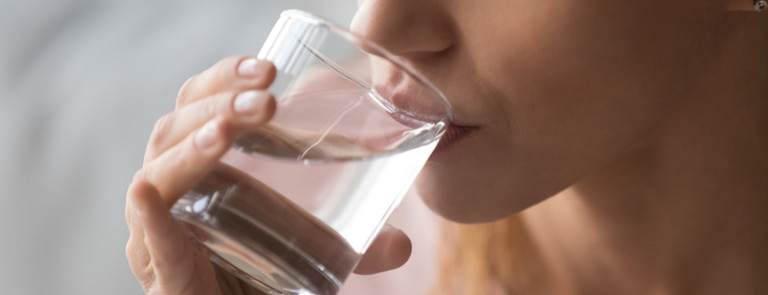

Drinking plenty of water also helps the liver to flush out any toxins from the body, reduces puffiness and helps with kidney function, which can help dark circles appear lighter.
According to NHS guidance, we should aim to drink between six and eight 200ml glasses of fluid a day, which equates to around 1.2 litres and includes food, water, milk, juices, tea and coffee.7
Handpicked content: ‘How much water should I be drinking every day?’
2. Cut back on sugar and refined carbs
Having too much sugar in our system may cause a surge in insulin and inflammation. In turn, this produces an enzyme that attaches to our collagen fibres, breaking them down and causing them to lose strength and flexibility. What’s more, these insulin surges may put your oil glands in overdrive, creating a breeding ground for acne to form.
3. Reduce your stress levels
When we’re stressed, our bodies release the stress hormone, cortisol. High levels of cortisol can lead to us losing our glow by reducing the skin’s ability to retain moisture and encouraging overproduction of oils.
4. Get exercising
As we all know, regular exercise is good for health and wellbeing, and it also happens to have benefits for the skin too.


When we’re active, our blood gets pumping, which carries oxygen and nutrients around to all of our cells.
5. Avoid smoking
Smoking omits free radicals that damage our skin cells, leading to a breakdown in our collagen and elastin levels. It also constricts blood vessels, which deprive the skin of valuable oxygen, vitamins and nutrients. Over time, this can lead to premature skin ageing, dehydration, dark circles, broken blood vessels and a dull complexion.
6. Get your beauty sleep
Sleep helps our bodies relax and repair. It also has a similar effect on our skin too. Sleep reduces our cortisol levels, which can lead to skin discoloration, thinning skin and stretch marks. On the other, it increases the sleep hormone, melatonin, which acts as an antioxidant and fights fine lines and wrinkles.
Handpicked content: ‘Your comprehensive guide to sleeping better.’
7. Eat a healthy, balanced diet
Most food that contributes to good overall health can also be beneficial for skin too e.g. fresh food over processed food, and food that is low in carbs and sugar.
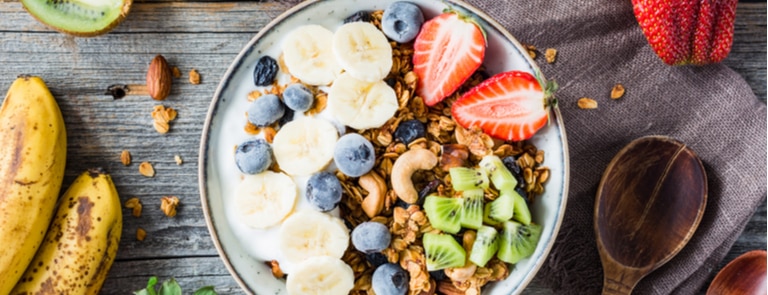

More specifically, food that’s packed full of antioxidants is believed to be particularly good for skin too. Here are some examples of antioxidant food8:
- Carrots, apricots, and other yellow and orange fruits and vegetables
- Spinach and other green leafy vegetables
- Tomatoes
- Berries
- Beans, peas and lentils
- Salmon, mackerel and other fatty fish
- Nuts
Other facial care tips for healthy skin
8. Avoid touching your face and picking any blemishes
This can make your skin greasy/even greasier and can further infect any spots you may have with dirt and bacteria.
9. Sleeping on silk or satin
If you sleep on your side, over time, it’s possible this may cause facial wrinkles while you sleep.
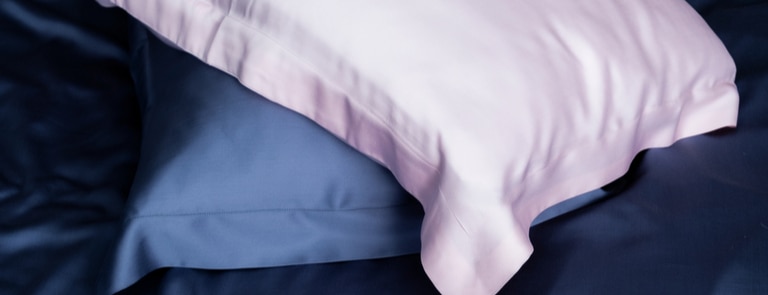

When you move your face about on your pillow, this causes friction between your skin and the fabric, which can lead to wrinkles. Silk or satin pillowcases provide such a smooth surface that this doesn’t happen.
10. Routinely wash your makeup brushes and any other makeup tools
Concealer brushes, foundation sponges and other makeup tools can become a breeding ground for germs because they increasingly become full of bacteria, oil, dust and other dirt every time you use them.
11. Increase your vitamin and mineral intake
Vitamin E, Vitamin A and Vitamin C, Zinc, Niacin, Riboflavin, Iodine and Biotin can all help keep your skin looking and feeling good.
.


These vitamins and minerals can all help with the skin regeneration process, amongst many other things.9
12. Pat your skin dry
Never rub at your face when you’re drying it. This can make it aggravated and sore, especially if you have dry or sensitive skin. Be gentle with it and gently blot it dry; it’ll also make sure some moisture remains on your skin too.10
Summary
- Flawless skin doesn’t happen naturally
- Having a ‘perfect’ complexion is down to a combination of factors, e.g. diet, exercise and skincare habits
- Stress, smoking and sleep can all influence skin health too
How can I make my skin glow at home?
If you follow the tips above, then after a while, your skin should thank you for it, and you’ll start to notice that it looks good, which includes radiating a healthy glow.
But if you can’t wait for the practical advice to take effect, there are some more immediate facial skin care things you can do to give your skin a boost now. They include11:
1. Treating your skin to a face mask
Applying a deeply hydrating mask can give your skin the moisture it needs in a matter of minutes, which can result in it looking replenished and rehydrated.
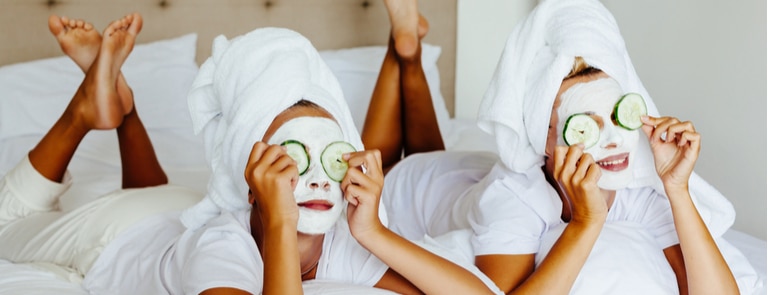

2. Applying a homemade mask
It's easy to make your own face mask at home using simple ingredients from your kitchen cupboard.
This yoghurt and strawberry mask is designed to soothe and tighten pores:
Ingredients
- ½ cup of yoghurt
- ½ cup of mashed strawberry
- ¼ cup of honey
Method
- Mix all of the ingredients together in a bowl.
- Apply the mask to your face and neck.
- Leave it on for five minutes, then rinse it off with warm water.
3. Giving yourself a facial massage
Massages overall are great for relaxing your muscles and increasing circulation and giving skin a natural lift.
Use sweeping upward and downward strokes on your cheeks for an instant boost.


4. Using products with skin brightening qualities
Try using products containing Vitamin C, which is an antioxidant that brightens skin by blocking pigment-blocking enzymes. Meanwhile, Vitamin B3 lightens uneven patches and spots and helps create a more even skin tone.
Summary
- It can take a bit of time to maintain skin that gives off a healthy glow through skin care routines alone
- It’s possible to give skin an instant glow by using methods, such as face masks, skin-brightening products and giving yourself a circulation-boosting facial massage
The final word on having good skin
Good skin = healthy skin, and in order to get that you need to provide your skin with the right vitamins, minerals and nutrients it needs to be healthy.
If you’re already eating your five-a-day and are looking after your body by fuelling it with healthy food, you’re virtually there.
You may also want to treat your skin to some extra antioxidant food and use skin-brightening products, and make sure you’re getting plenty of beauty sleep, reducing those stress levels and staying hydrated. Over time, your skin, and your body, will thank you for it!
Now that you’re here why not read ‘8 top tips for clearer skin.’
Last updated: 30 March 2021
- https://www.leaf.tv/articles/why-skin-care-is-important/
- https://www.leaf.tv/articles/why-skin-care-is-important/
- https://www.self.com/story/guide-to-skin-care
- https://withinthetrend.com/what-is-my-skin-type/
- https://www.skincare.com/article/combination-skin-treatment-tips
- https://greatist.com/health/stop-skin-care-products#3.-Drink-water
- https://www.nhs.uk/live-well/eat-well/water-drinks-nutrition/
- https://www.mayoclinic.org/healthy-lifestyle/adult-health/expert-answers/healthy-skin/faq-20058184
- /the-health-hub/natural-beauty/how-to-get-clear-skin/
- https://www.mayoclinic.org/healthy-lifestyle/adult-health/in-depth/skin-care/art-20048237
- https://www.goodhousekeeping.com/beauty/anti-aging/a28541767/how-to-get-glowing-skin-tips/


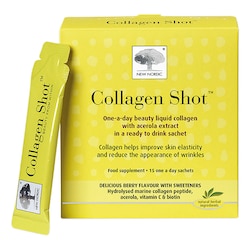
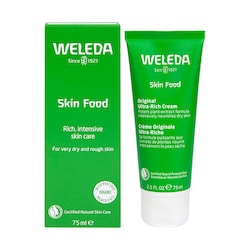
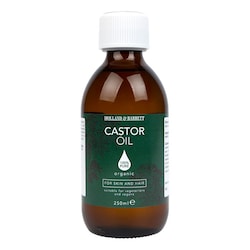
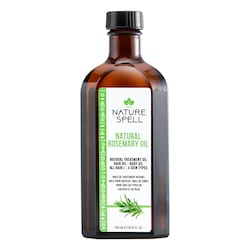
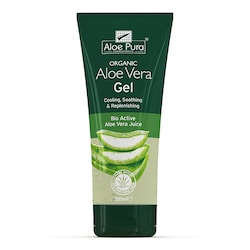
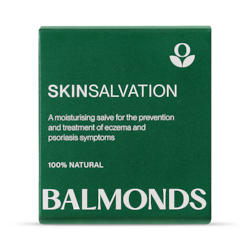
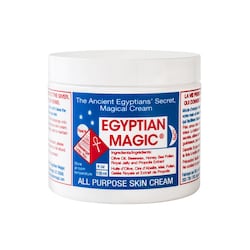
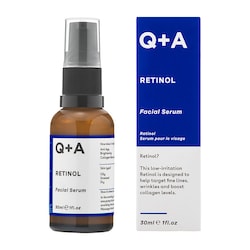
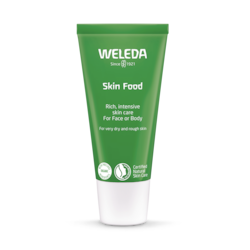
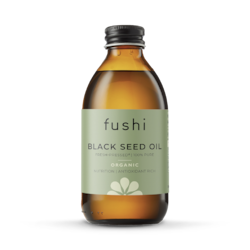
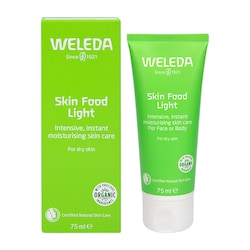
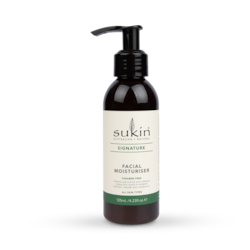
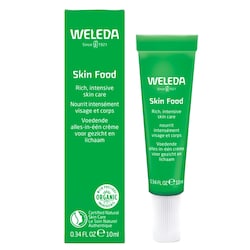
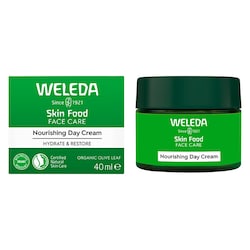

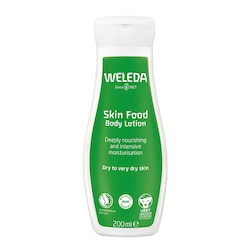
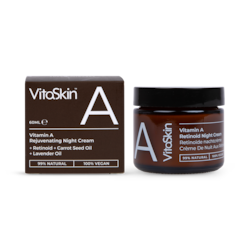
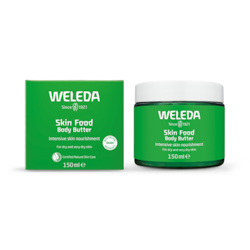
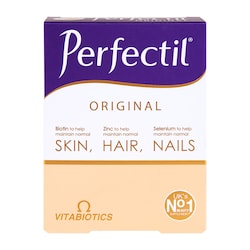
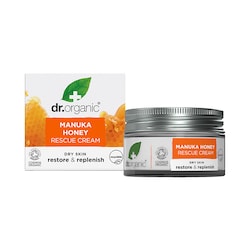

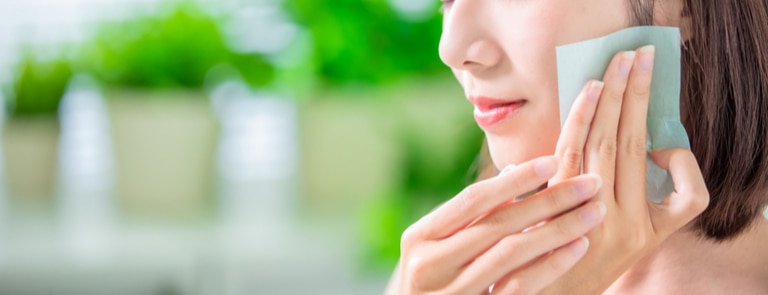
.png)










